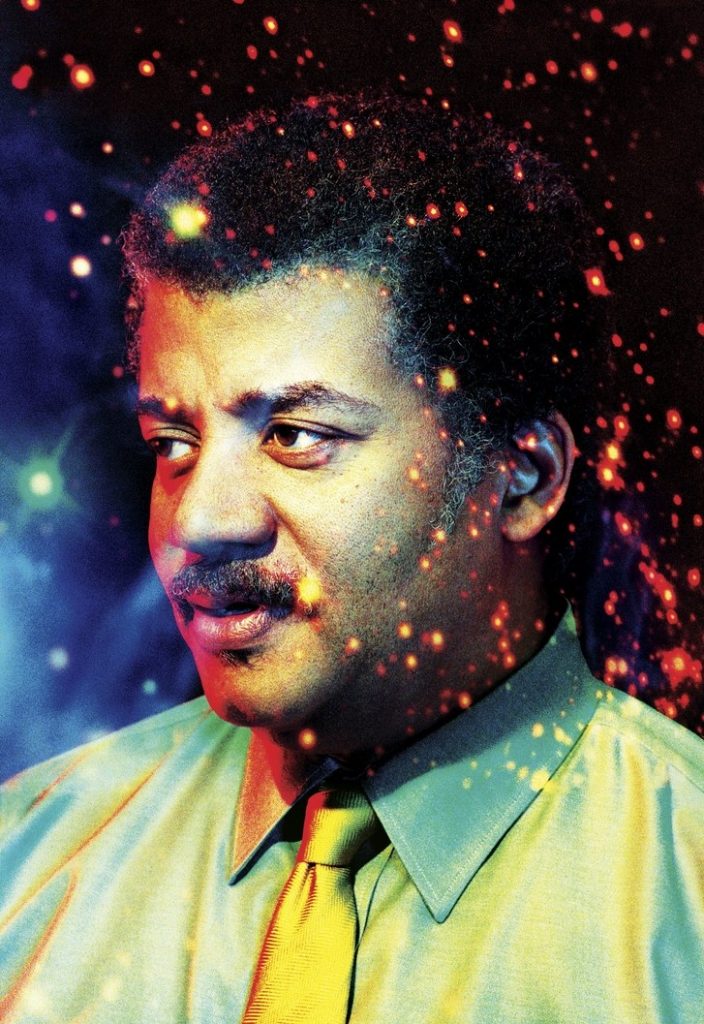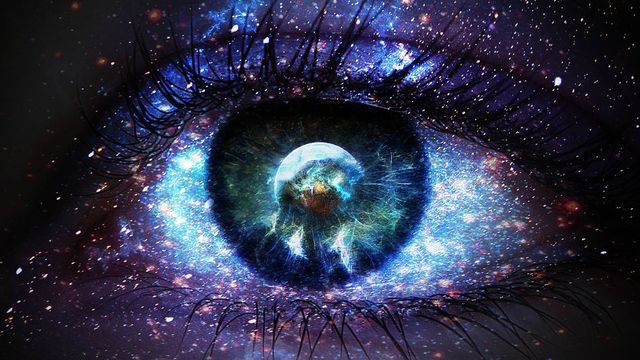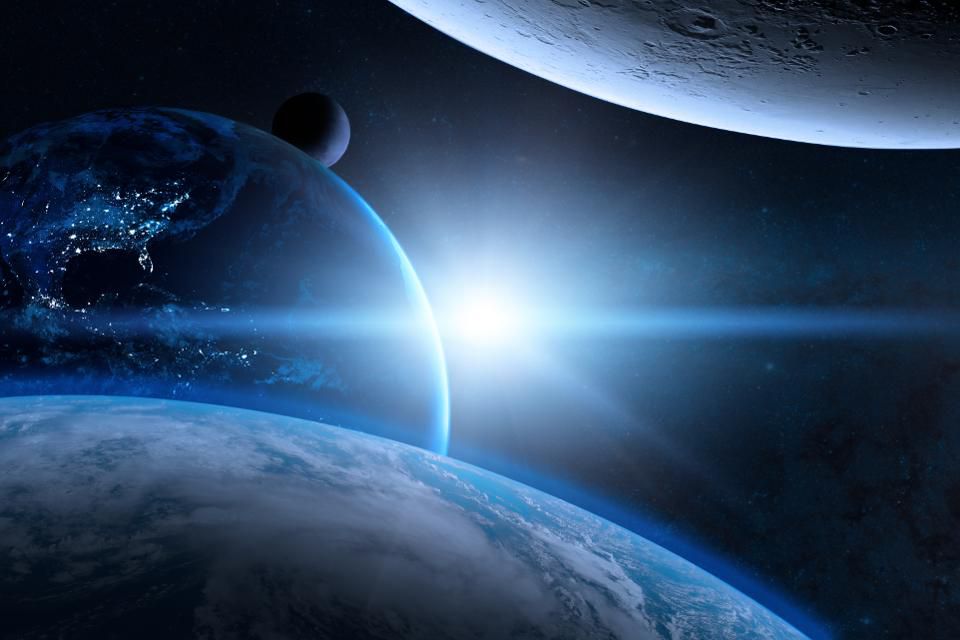A serious consideration of extraterrestrial life by the scientific community is merging with the public’s perennial fascination on the subject. Scientists, despite often being brilliant in their fields, are saying some rather unintelligent things on the subject.
For example, on a two-part National Geographic show that imagines and fictionalizes first contact, Neil deGrasse Tyson offers some rather inane thoughts on extraterrestrial war.
“Perhaps the thought of war never entered their heads. Thinking they make war is assuming they have the same weaknesses we do. And I’m not prepared to drag them [ET] down into that sewer.”

Scientists are trained not to make assumptions and to clearly state their premises. Tyson’s comment violates both canons. It makes a leap in two directions—with unexamined assumptions about man, and unfounded imaginings about alien life.
War is a defining feature of so-called human civilization, not just a “sewer” into which we regularly fall. Without understanding and going beyond war, Homo sapiens will not ever be called an intelligent species.
Even so, why is it so difficult to make a distinction between scientific and technological advancement and intelligence in a species? Why are the two things almost invariably conflated?
In the view of nearly all scientists, scientific and technological advancement is equated with intelligence. That assumption has led to our present fetishizing of science and technology on one hand, and its dismissal by the religious right and climate change deniers on the other.
If “the thought of war never entered the heads” of an alien species, would they be intelligent if they didn’t develop sophisticated science and complex technology?
Presumably, they would be living in Eden. And Eden, a place of perpetual abundance and a state of perfect harmony and happiness, never existed, on earth or beyond. Knowledge was the apple, and division and conflict the worm that invariably went with it.
Besides, Tyson’s implicit ‘philosophy’ is just the flipside of Ronald Reagan’s militarized and romanticized statement before the United Nations in 1987:
“Perhaps we need some outside universal threat to make us recognize this common bond. I occasionally think how quickly our differences worldwide would vanish if we were facing an alien threat from outside this world.”
Clever musings about extraterrestrial biodiversity (“life not based on DNA”) and conflict-free existences are just as implausible as Reagan’s juvenile remarks.
Most scientists fail to grasp the basic nature of ‘higher thought,’ which is probably the same throughout the universe. Conscious, symbolic thought is inherently separative functionally, scientifically and epistemologically.
It’s impossible to imagine a creature developing the power to separate and manipulate its environment but not carrying it over into the psychological realm, thereby making the same mistakes as man–division, conflict and fragmentation.
Christians used to speak of ‘original sin,’ and as inadequate as that notion was, there was some insight behind it, unlike the blurring and blindness about Homo sapiens by science popularizers like Tyson.
What defines a technological species as intelligent? The insight to correct the mistake of psychological separation. Other species may have done so earlier than humans, though we show no signs of doing so as of this writing.
So does the evolution of intelligent life in the universe follow the same basic laws?
Astrobiologists are still dabbling with the idea that completely different chemistry for life may be found. For example in our own solar system, in the methane lakes of super-cold Titan (the largest moon of Saturn), some scientists are seriously proposing that a completely different form of life could exist.

I don’t think it will be very long before we discover that life evolves along the same basic lines everywhere in the universe, involving liquid water, DNA, the evolution from single celled to multicellular organisms, and increasing neuronal complexity.
In short, the idea that other planets have a different chemistry for life seems as silly to my mind as the notion that other stars and galaxies would have a different physics. That goes for the evolution of consciousness in potentially intelligent life—the stage at which Homo sapiens is stuck.
I don’t mean intelligent life would look like us, but then, most people don’t know what intelligent life looks like on earth.
Of course I could be mistaken, but at least I have a coherent ‘theory of human nature’ (a category of philosophy that is first concerned with the relationship between humans and nature), which proposes that all potentially intelligent life passes through the same basic stages.
That may ineluctably include a painful stage of saturating darkness, which humans are now experiencing, before an explosion of insight.
We’re having a hell of a time making the transition, but some faith that we will is required.
Martin LeFevre

